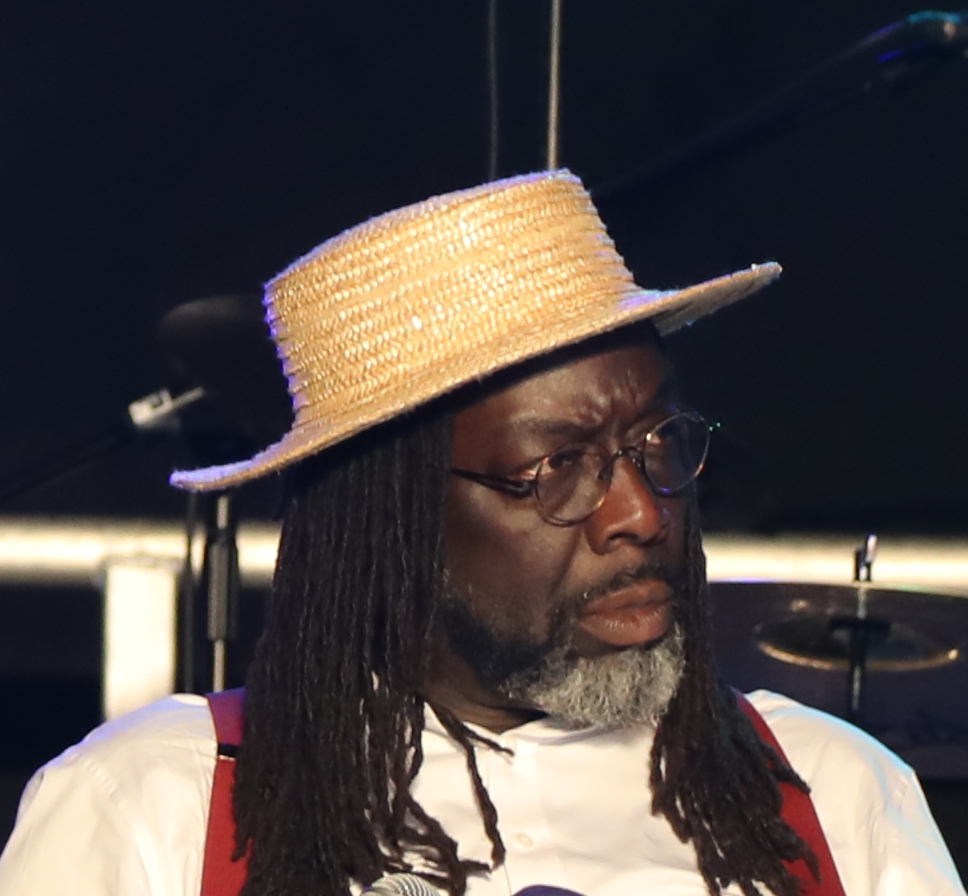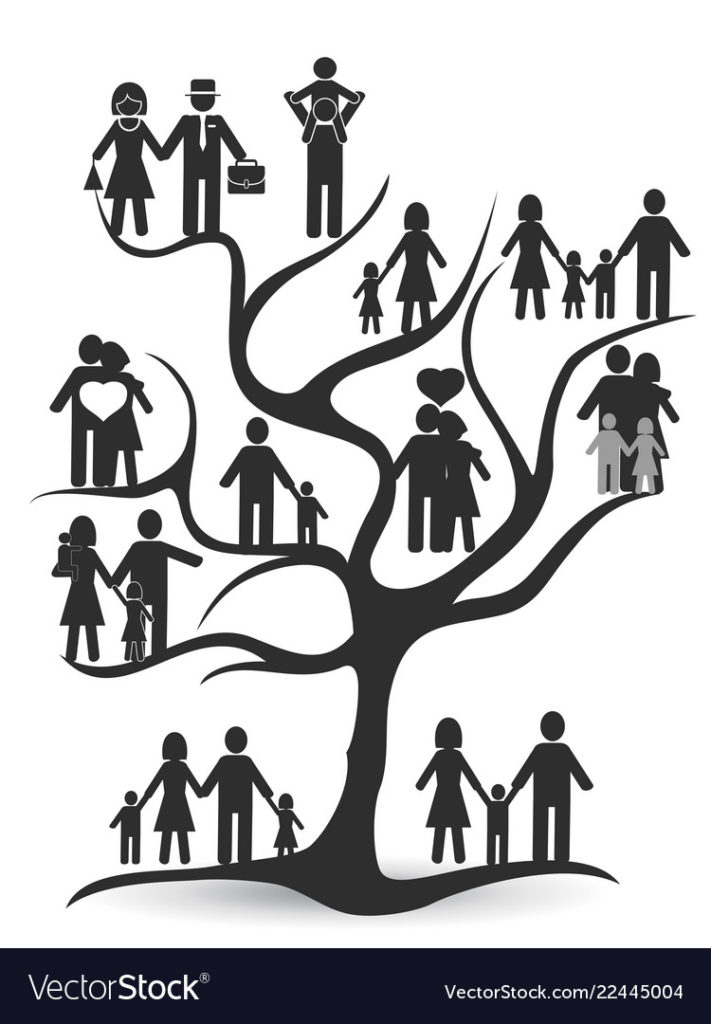Government Inequality Report Described As A “whitewash”
![]()
Britain will never be a ‘successful multicultural community’ until it is an equal one. The Observatory has been established to shine a light on discriminatory structures, and to gather evidence to support health and care organisations to rebuild those structures in a way that eradicates, rather than exacerbates, inequality.

![]()
The UK government commissioned report into racial inequality in the UK has been described as a whitewash after it concluded that most racial inequalities in the UK were not linked to racism.
The report was criticised for not taking into consideration the history of racist behaviours such as police stop and search, lopsided appointments into organisations, and the disproportionate impact of the pandemic on the ethnic minority population.
The 264-page report commissioned in the aftermath of the Black Lives Matter protests last year went further to conclude that the country was not “rigged” against minorities.

The report written by the Commission on Race and Ethnic Disparities (CRED) headed by former teacher and education expert Tony Sewell, said, “geography, family structure and social class had a bigger impact than the existence of racism.”
The report concluded that Children from ethnic-minority communities did as well or better than white pupils in compulsory education, with black Caribbean pupils the only group to perform less well. It asserted that diversity has increased in professions such as law and medicine.
The report however concluded that some communities continue to be “haunted” by historic racism, which is creating “deep mistrust” and could be a barrier to success.
The NHS Race and Health Observatory, in its initial response to the content and recommendations of the report of the Commission on Race and Ethnic Disparities. The Observatory plans to conduct a thorough analysis of the health chapter of the report and will be writing a more detailed response in the coming weeks.
The Observatory believes that tackling persistent ethnic and racial disparities in health, and across society, is absolutely the right thing to do. However, as an evidence-led organisation, the Observatory was disappointed by several of the headline conclusions of the report, including those on the causes of ethnic inequalities.
The Observatory is an independent expert body, established by the NHS to examine the health inequalities experienced by ethnic minority communities in England. The evidence it cites is clear: institutional racism exists in this country, it exists in the organisations that make up our health and care system, and it exists across wider public establishments.
Several recommendations cited in the report are of particular interest to us, including those recommending work that the Observatory has already started. Over the coming period, the Observatory will be in touch with relevant government departments to discuss these in more detail.
Britain will never be a ‘successful multicultural community’ until it is an equal one. The Observatory has been established to shine a light on discriminatory structures, and to gather evidence to support health and care organisations to rebuild those structures in a way that eradicates, rather than exacerbates, inequality.
The NHS Race and Health Observatory’s director, Dr Habib Naqvi, and board members include Lord Victor Adebowale, Professor John Appleby, Dr Halima Begum
Professor Kevin Fenton, Professor Stephani Hatch, Dr Adrian James, Dame Donna Kinnair, Professor Sir Michael Marmot, Patricia Miller, Dr Chaand Nagpaul, Professor James Nazroo, Heather Nelson and Professor David Williams.
Institutional racism exists in the UK labour market and society – TUC
Commenting on the report published by the Commission on Race and Ethnic Disparities, TUC General Secretary Frances O’Grady said: “Institutional and structural racism exists in the UK, in both the labour market and wider society.
“Black and Minority Ethnic workers are far more likely than White workers to be in low-paid, insecure jobs – such as temporary and agency jobs or zero hours contracts. And Black and Minority Ethnic workers have been far more likely to be exposed to Covid infection and far more likely to die – because they are far more likely to be in frontline roles.
“This is institutional racism. And it traps too many Black and Minority Ethnic workers in poverty, insecurity and low pay.
“We hoped that the Commission would recommend action to stamp out insecure work and make employers act to close their ethnicity pay gaps.
“Instead, the Commission has chosen to deny the experiences of Black and Minority Ethnic workers and be complacent about the UK’s progress towards being an anti-racist society.
“The TUC calls on politicians of all parties to stand with Black and Minority Ethnic workers and commit to ending institutional racism in the UK labour market and society – starting with bringing in mandatory ethnicity pay gap action plans and banning zero hours contracts.”
The Prime Minister Boris Johnson said, “The Commission on Race and Ethnic Disparities was launched to conduct a detailed, data-led examination of inequality across the entire population, and to set out a positive agenda for change. I want to thank Dr Tony Sewell and each of the commissioners for generously giving their time to lead this important piece of work. It is now right that the Government considers their recommendations in detail, and assesses the implications for future government policy. The entirety of government remains fully committed to building a fairer Britain and taking the action needed to address disparities wherever they exist.“
Some members from the ethnic community who spoke to the African Voice felt disappointed by the report stating that while it is true that Britain has come a long way in checking the upsurge of racism, there are still vast evidences of institutional racism in the country.
They described the report as a complete whitewash, which did not go deep into analysing and diagnosing the issue of inequality and disparities.
“Racism still much alive”

President of Udu Union in the UK Olorogun Ovo Agbodje agrees that Britain has come a long way in addressing racism “but to say that there is no more institutionalised racism is not true.”
The Chief said: “In terms of race relations the UK has not achieved equality. However, the UK is a leading light when compared to the leading developed countries including the US, France or Germany. You can buy a house anywhere in the UK if you have the money.
“But in the US, there are certain areas where black people find it impossible to live or purchase property – a throwback to the Jim Crow era laws when there was institutionalised segregation. Up till now the black man is still suffering. There is still an apartheid system.
ht“We can see the case of George Floyd as an example. It is true that a few black people have achieved huge financial status in the US. Examples are Michael Jordan, Tiger Wood and Floyd Mayweather (Mr Money) but they are not helping the black cause or black people.
“However, to say that there is no institutionalised racism in the UK is not true.
He quotes from Alex Beresford, the ITV Weather man: ‘As well as learning the two times table, I also had to teach myself quickly about what prejudice meant. Managing the many forms of racism can start at the same time as learning to tie your shoelaces.’
Chief Agbodje, who presides over the Nigeria community of Udu in London, said he has, at various times, been a victim of racism in the UK. “I’ve walked into institutions as the only person of colour and experienced covert and overt racism in so many occasions. Racism and institutional racism are well and alive.”
Social commentator Burster Iyere said: “While Britain of today bears no resemblance to the way Black and Ethnic minorities were treated in the past, and institutionalised racism is not as blatant as it once was, the fact remains that racism is still very much alive and well in this Country.
“There is preponderance of stop and search of Blacks and other minorities as compared to their whites’ counterparts. A Blackman is more likely to be stopped and searched compared to whites, their status not withstanding as happened to a female black member of Parliament sometimes ago.
“There is an insignificant number of Blacks and other minorities in the British Parliament, in top positions in the Banking sector, companies and universities, among a host of others.
“The British immigration policy makes it harder for non-Europeans especially Africans to migrate to this Country. The resources available to deprived and dilapidated Black and minority group areas are a drop in the ocean. Yes; progress has been made but to characterise the present state of race relations in Britain as that of class rather than initialised racism is too simplistic a conclusion to be drawn.”
“Racism can never be expunged from the society”
CEO, Eclipse Media Network, Fatai Ogunribido said: “Institutionalised racism can never leave Britain. It is endemic and can never be expunged from the society. It is typical of what the black people have been going through in this country. It is not surprising.
“The society is full of hypocrisy. The only way we can stop racism is by telling the truth about it so that there could be lasting solution. Right now, we are in a global village where the potential of the black race is known round the world. But our world refused to acknowledge those potentials.”
Prof Kehinde Andrews, a professor of Black Studies at Birmingham City University, said the report was not a “genuine effort to understand racism in Britain”.
Prof Andrews said: “It’s complete nonsense. It goes in the face of all the actual existing evidence. This is not a genuine effort to understand racism in Britain. This is a PR move to pretend the problem doesn’t exist.”
Emmanuel Urhiofe: African Voice
“


